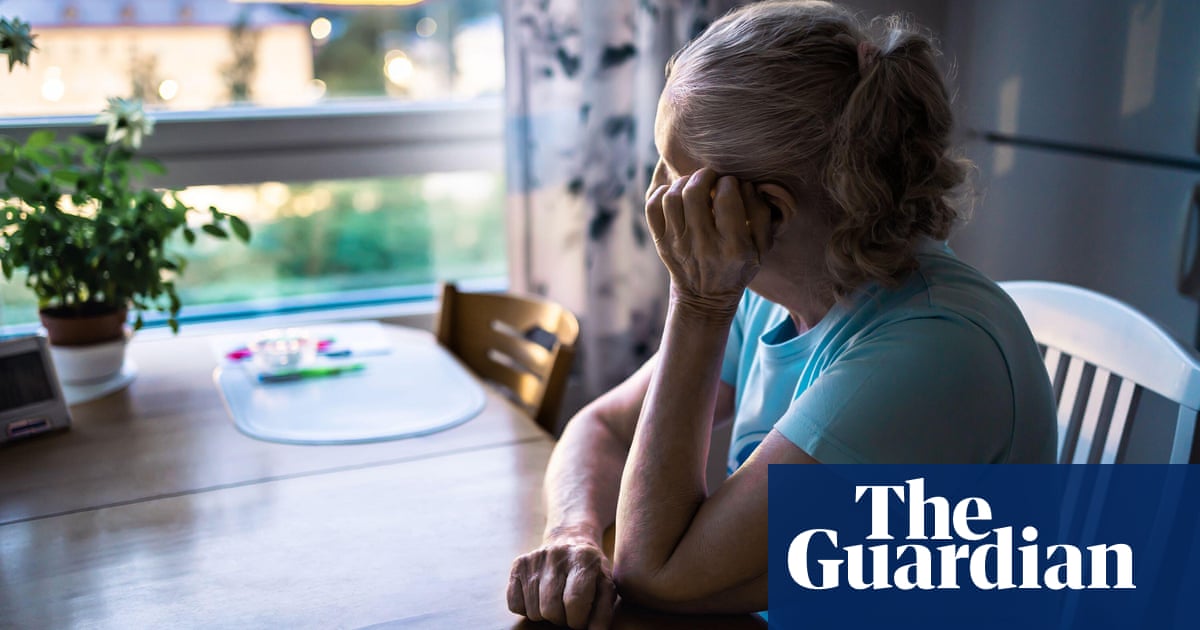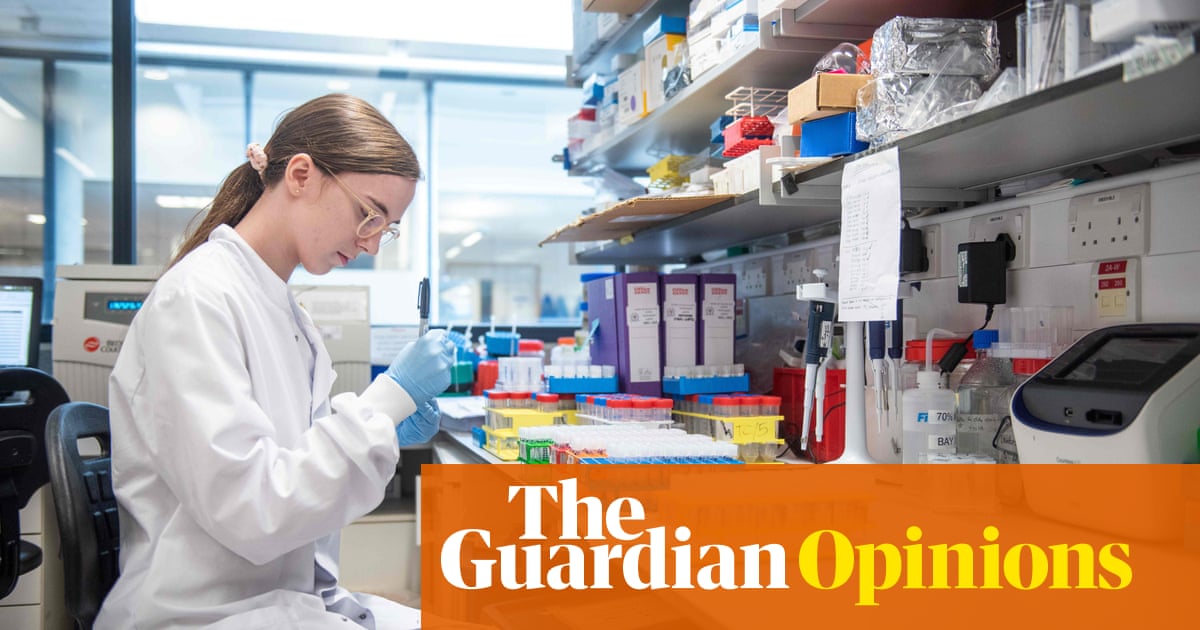
It is two years since I first wrote about long Covid, prompted by my utter dismay and frustration at the lack of help people like me were getting.
A lot has changed since then, with more clinics, more funding for research and major trials under way. But the statistics remain stark: the latest ONS data suggests 2.2 million people in the UK are living with long Covid (3.4% of the UK population), and nearly 600,000 of them (27%), like me, have had it for more than two years. Most of us have seen a significant impact on our day-to-day activities, and 17% struggle with basic daily tasks such as cooking and hanging up the washing.
A significant number remain unable to work. In July, the Institute for Fiscal Studies estimated that 110,000 people were absent from work at any time and one in 10 stopped work while they had the condition. Recent data from NHS trusts in England suggests that a million working days were lost to long Covid last year.
I got Covid in March 2020. Mine was a mild case – I was not admitted to hospital, and had no risk factors for severe disease. Yet 33 months on I am still unable to return to work in the NHS as an infectious diseases consultant. It seems ironic that at a time when the NHS is in crisis, so many of its workforce have been off sick with long Covid and have been disproportionately represented since ONS data was first collected. And we will only add to the demands on our already collapsing health service.
Appropriate care remains subject to a postcode lottery. While some attend well coordinated, multidisciplinary clinics, others have physiotherapist community-based ones, or nothing at all. My local London teaching hospital still has no clinic, but eventually GPs set up a community clinic, which sees patients only virtually and points them to appropriate online resources. I am not expecting miracles – there is no magic bullet for this disease – but I would have expected more help than I have had. After all this time, I have only been examined by my GP, rather than a specialist clinic. And I am not alone in this experience.
Most of us are slowly improving with time, but we remain on the corona rollercoaster. Planning and pacing, as tedious as they are, remain key to my daily life. And yet I, like many, mourn my former life: it feels as if we are still living in some twilight zone, unable to work or connect socially in the way we used to. As everyone else has emerged from the pandemic, we have been left behind, with many fighting to get recognition for the impact of this disease on their daily and working lives.
In this country – unlike in the US, where it is recognised as a disability – it is unclear whether long Covid is covered by the Equality Act. This is because of issues of difficulty in definition, and resistance, which I myself experienced when taking a three-hour speed awareness course. My request to split the course over two days was refused. Gaining official recognition of the severity of the disease’s impact has proved difficult. In May, the Equality and Human Rights Commission (EHRC) declared that “without case law or scientific consensus, EHRC does not recommend that ‘long Covid’ be treated as a disability”. This seems to be a complete contradiction to disabilities legislation.
In 2021 the Liberal Democrat MP Layla Moran, who chairs the all-party parliamentary group on coronavirus, started campaigning for long Covid to be recognised as an occupational disease, but this has also been fraught with controversy and difficulty.
Yet there is hope. In September, the World Health Organization (WHO) put long Covid on its agenda, urging countries to invest in the three Rs: recognition, research and rehab. An estimated 17 million people across the WHO’s European region alone had long Covid in 2020 and 2021. But its declaration that “no patient should be left alone or have to struggle to navigate through a system that is not prepared to, or not capable of, recognising this very debilitating condition” seems to have been ignored in the UK.
One promising recent development is apps that aim to help people track and manage their symptoms so they can adopt an effective pacing strategy. For as long as I’ve been ill, I’ve wished that my body had an early warning signal to stop me overdoing things. With this disease you don’t know you’ve done too much until after you’ve done it, with consequences that can last for days. What’s needed is an alarm system to stop you getting to that stage.
As 2023 approaches, we have far greater knowledge about the disease than we had: research should start to yield some results next year that may be able to inform diagnosis and targeted treatment; repurposed drugs are being trialled and non-pharmaceutical interventions are gaining traction. The results of a study published in the Lancet of English National Opera’s Breathe programme, which has treated close on 2,000 long Covid sufferers across England, lends weight to complementary treatments.
As a result of weekly breathing and singing sessions, participants found improvement in breathlessness and general wellbeing. One of my hopes was realised three weeks ago when 55 of us on the programme came together in person for the first time, and sang on the stage of the London Coliseum, some in wheelchairs, some struggling to walk, but all there with purpose. It was intensely moving for both us and the ENO Breathe team, who are threatened by funding cuts in April. The act of just getting to the Coliseum was a huge achievement for many.
However, other unproved, non-pharmacological interventions, some of them costly and controversial, such as blood cleansing (apheresis), are being targeted at long Covid sufferers on social media. When you’ve been ill for nearly three years, you will be prepared to try almost anything.
As we continue to emerge from this pandemic, long Covid remains one of the major public health problems that the government has failed to address in a timely and effective manner. Nearly three years on, the enormous scale of the problem is still not being grasped by our leaders.
When fit to work, Joanna Herman is a consultant in infectious diseases in London, and teaches at the London School of Hygiene and Tropical Medicine












